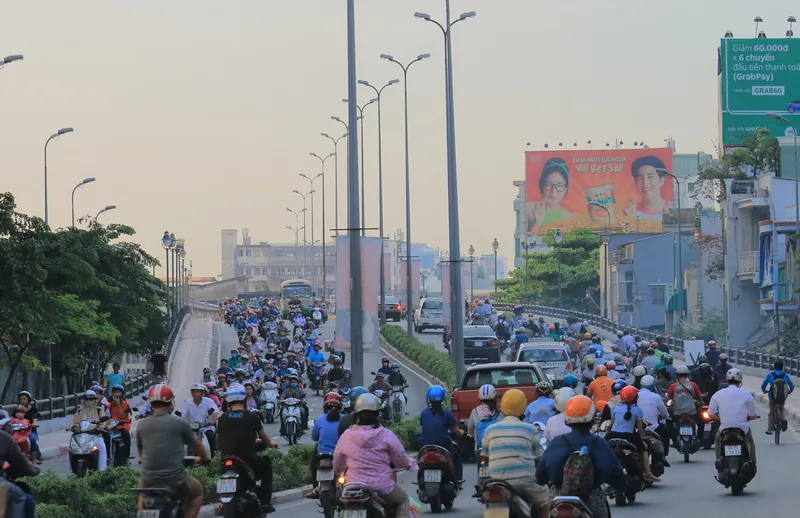Work to upgrade the Hanoi-Thai Nguyen section of Vietnam's Highway 3 will now be split into two sub-projects.
February 24, 2012
Read time: 1 min
Work to upgrade the Hanoi-Thai Nguyen section of Vietnam's Highway 3 will now be split into two sub-projects. The Ministry of Transport (MoT) suggested dividing the project to improve efficiency and this has now been approved. The Hanoi section will be carried out under the build-transfer arrangement while the northern Thai Nguyen section will be managed under build-operate-transfer model. A proposal to widen the highway to four lanes as part of the upgrade has been proposed and would cost US$207 million but has still to be approved.







